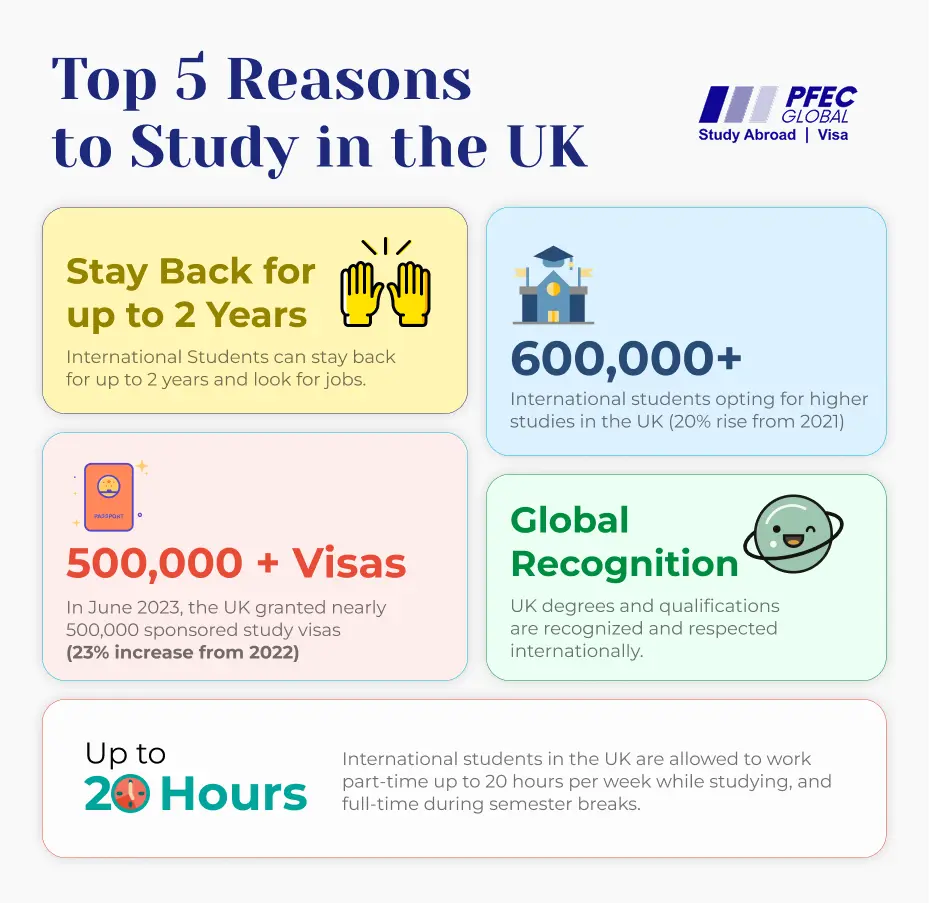The UK’s academic legacy attracts numerous students annually. Interestingly, in 2023, a report highlighted that international student enrollment in UK universities surged by 7% from the previous year, underscoring its growing appeal. While tuition and living expenses can vary, understanding these costs is crucial for a hassle-free experience.
When you think of studying and living in the UK, it’s essential to consider all expenses, not just the tuition fees. Depending on whether you’re in a major city or a smaller town, these costs can vary. For instance, life in London might be more expensive than in a rural area. To give you a clearer picture, here’s another table detailing the approximate living expenses in the UK:
To study in the UK, international students must meet several criteria, emphasising both academic and linguistic proficiency. Typically, they need recognised academic qualifications, whether from high school or undergraduate studies, depending on the course level. Beyond these, a compelling personal statement, pertinent recommendation letters, and adherence to specific visa requirements, including a Confirmation of Acceptance for Studies (CAS) and proof of financial sufficiency, are also crucial.
The majority of courses in the UK are taught in English, necessitating a solid command over the language. Here are the commonly accepted tests:
After completing their studies in the UK, international students find a welcoming professional landscape thanks to the Graduate Route. This pathway grants them a 2-year window (or 3 for doctoral grads) to either work or seek employment without needing a job offer upfront. Such flexibility ensures they can delve into various sectors, from finance to the arts, capitalising on the UK’s diverse economy. Here is what you could potentially earn in the different sectors after graduating:
In the vast educational terrain of the UK, a few courses consistently draw global attention. Here’s a brief breakdown of these standout options, giving you a glimpse of what the UK brings to the academic table.



